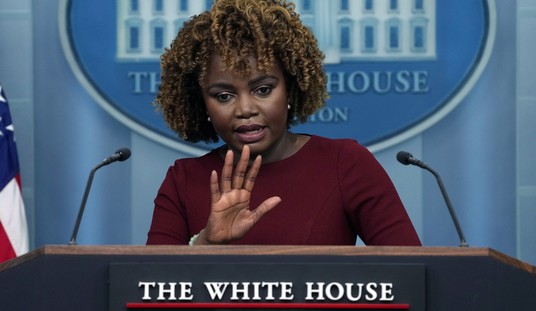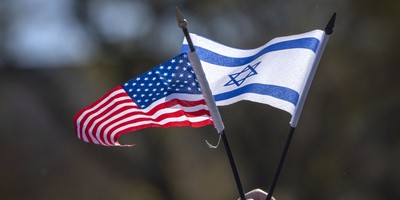Despite a quasi-farewell press conference in the Oval Office, it's not been a pleasant exit for Elon Musk and the Trump administration. President Trump has loved what Elon Musk has done at the Department of Government Efficiency, claiming that the Tesla CEO would be back in some capacity but didn’t specify. That was days ago, and a lot has changed. Musk declared war on Trump’s ‘big, beautiful bill’ (BBB), which created an unnecessary political headache for the president.
Was it the GOP’s inability to codify the DOGE cuts in the budget reconciliation package? One would think—it’s not a secret that Musk is unhappy that those cuts have been left out, but the reconciliation process does not permit what he wants to happen with the cuts.
While Axios has been trash covering the recent Boulder terror attack, where a deranged pro-Hamas clown, Mohamed Soliman, firebombed a pro-Israel event on June 1, the publication did list four reasons why Musk has soured on his time in DC—all of which are reasonably believable. According to Marc Caputo, Musk and the Trump team hit the reef when they fell out over electric vehicle tax credits, the extension of his senior adviser role, FAA using Starlink, and the nuking of Jared Isaacman’s nomination as NASA administrator:
CAPUTO: Elon Musk spent a good amount of time and political capital in the WH trying to persuade @POTUS and the bill writers to include this language to save the EV tax credit. That didn’t happen. So that was his one big ask from the big beautiful bill that he didn’t get. https://t.co/kIjoblKSNb pic.twitter.com/tZE5bsHSci
— Grace Chong, MBI (@gc22gc) June 3, 2025
The legislation cuts the electric vehicle tax credit that helps car makers like Musk's Tesla. As of late April, his company had spent at least $240,000 lobbying on behalf of the credit and other company matters. Behind the scenes, sources say, Musk also advocated for the measure in the legislation, but to no avail.
Musk was working at the White House as what's called a "special government employee," and he had discussed trying to stay in that role beyond the 130-day time limit set by statute for the unpaid advisory position. But ultimately, White House officials said he couldn't keep serving in that capacity.
Musk also wanted the Federal Aviation Administration to use his Starlink satellite system for national air traffic control, the sources said. But the administration balked at it because of the appearance of a conflict of interest and for technological reasons. "You can't have air traffic control just run off satellites," the second source said.
The final straw for Musk appeared to come Saturday night, when Trump abruptly announced he was withdrawing the nomination of Jared Isaacman, a Musk ally, to be NASA administrator.
The intrigue: After Isaacman's nomination was dropped, word quickly spread in the White House that Sergio Gor — the director of the Office of Presidential Personnel who had clashed with Musk — was behind the decision.
[…]
But two administration insiders said that wasn't the case: Senators had complained about Isaacman for being a Democratic donor, the insiders said, and the White House wanted a Republican loyalist.
"Perception is reality, though, and I'm pretty sure Elon thought the NASA situation was a last insult," the White House official said. "So here we are."
Recommended
If it weren’t for his vocal opposition to BBB, I’d dismiss most of this, but Mr. Musk is in a de facto state of war with the Trump administration. He’s riled up the usual suspects on the GOP side who could give us heartburn and it’s certainly a move that comes from someone who wants to settle scores.
Let’s see what happens.

























Join the conversation as a VIP Member